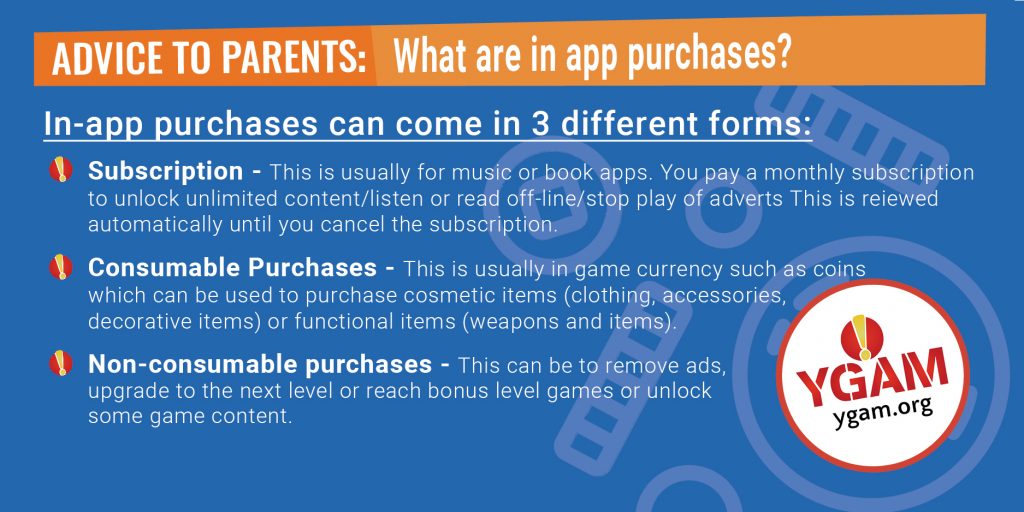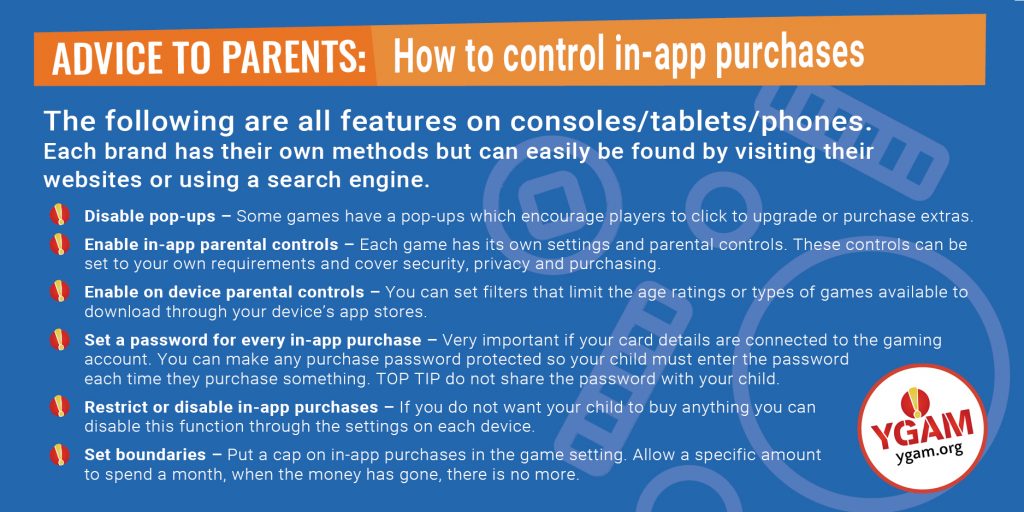During lockdown, there has been a significant rise in the amount of time people are playing online. Reports of the volume of weekly games sales has increases by 40-60% during lockdown, whilst Steam, one of the largest PC-gaming platforms, hit a new record with nearly 20.7 million players actively gaming or chatting at the same time and games company CCP Games reported 11,000 new accounts being opened per day during lockdown.
Alongside online play comes in-app purchases. First introduced in the early 2000’s, today the revenue from these microtransactions hugely outstrips the revenue from boxed software purchases.
In-app purchases prompt players to spend either in-game currency or real money on game add-ons, subscriptions, premium features, and more. Whether they are referred to as skins, loot boxes, crates or packs, such is their success that we are now seeing more and more free-to-play games such as the latest release of Call of Duty Modern Warfare (2019): Warzone, which have in-game purchases, battle/season passes that enableplayers to unlock almost always cosmetic only changes for their weapons or character.
The range of in-app purchases and the variety of games young people play can make it confusing for parents to keep on top of safety controls. To help, we have provided some tips to monitor purchasing and establish a healthy outlook to purchasing.

There are many reasons why young people invest their time and money into purchases. For many, the excitement they feel when they open a loot box can become increasingly attractive. Often players get caught up in the game and buy on impulse and adrenaline. Young people in particular can feel under pressure to keep up with their friends, as if their friends pay to progress quicker and they don’t they may be unable to continue playing the same game together.
If a player isn’t progressing or is losing, they begin to crave dopamine positive feelings they get when they win so they become more likely to spend money on purchases to help them generate that feeling.
You will have probably seen many news stories of children running up high bills on their parents’ credit card through in-app purchasing often without their parents knowing until the bill comes through. To prevent this from happening here are some top tips to implement.

In addition to setting up controls, it is important to educate your children. They may not realise that they are spending real money so make them earn their gaming money. Ideas include making their beds, feeding a pet, putting their washing away, making their lunch or help with gardening. This may make them think again as to whether they want to part with their hard-earned cash or not.
Think about your child and how they respond to look at how to broach these conversations. Keep the conversations short and neutral. Gather their thoughts so they do not feel they are receiving a lecture. Set boundaries or set amounts and ensure everyone is happy and in agreement.
For more information on our advice please contact Amanda Atkinson – Head of Parental Engagement. amanda@ygam.org
For media enquires please contact press@ygam.org



